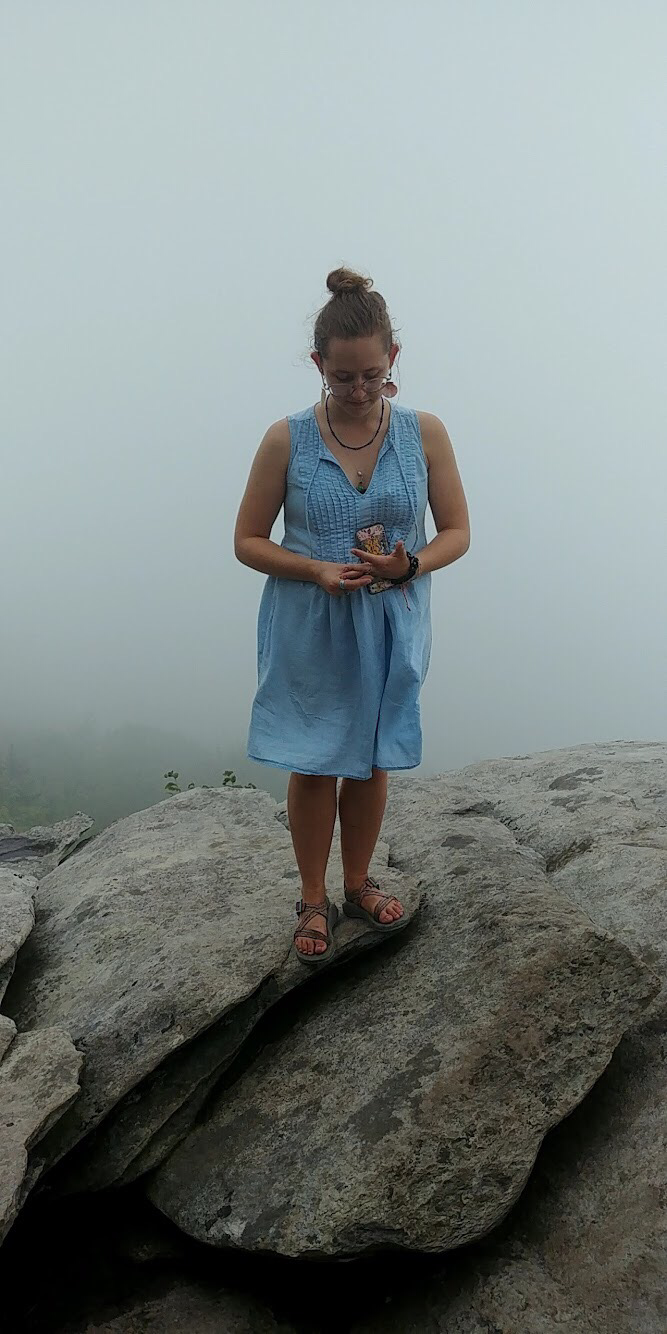|
Today in my continued celebration of the pagan holiday Imbolc, I share with you this year’s article on my reading of Sacred Actions: Living the Wheel of the Year through Earth-Centered Sustainable Practices. The wheel of the year refers to the 8 traditional Pagan holidays, starting with Yule in December, the shortest day of the year, and finishing with Samhain or todays Hallow’s Eve. Paganism, the way I live it, is a way to live in sacred connection with the Earth around me, honor it, care for it, and in return recieve its blessings and bounty. This is expressed in my daily life in innumerable ways including gardening, and using reusable bags at the grocery store.
The author, Dana O’Driscoll, takes on the wheel of the year in different focuses, and the focus of Imbolc is in Reskilling. O’Driscoll writes in this chapter of Oak Knowledge, or as she puts it “The knowledge of root and stem, seed and growth, balance and restoration” (49). She writes about Feeling that she has no heritage, and I also feel that as a citizen of the United States. I think we can agree that this is an interesting country. We’re out of place in this world a diaspora of happenstance. As human beings we are born into randomness of time, place, and circumstance, but in the United States in the years, say, 2015-present….. that’s a really bizarre era of humanity (as a whole). It genuinely makes me wonder, are we cut-off from our nature as human beings? Some have suggested we are evolved past our old knowledge and the skills associated with it, to the point where these skills and this knowledge is not only foreign to us, but are unrealistic as a part of our modern daily life. Immediately spinning yarn comes to mind for me. Spinning yarn is an ancient skill. Adam and Eve realized they were naked and wanted clothes. Cavewomen twisted plant fibres together into cordage for rope, string, and eventually, cloth. Women through the ages have spun and spun and spun. And now, machines do it to the point where it would be ridiculous to conceive of anyone on the planet having need to ever spin again. Machines do it. Machines do it for plastic fibres like Acrylic and polyester, and for natural fibres such as merino wool and cotton. The machines do it fast, uniform, (arguably) durably, and without need or desire to be paid. What, then, is the purpose of a modern-day spinner? I got one word, “Principle”. I do it on principle. I value the work of my ancestors and do not see it as beneath me, unimportant, or even outdated. Those clothes that are handspun, are just as functional as machine-made clothes, the main difference is that the human-made clothes have a soul. They have fingerprints left on them. They have random hairs from the maker accidentally knitted into them. I’m not saying machine-made items aren’t special, but I am saying “modern machine-made garments should not be the standard for which we judge quality.” I think we all have a piece of clothing that comes to mind when you hear the phrase “disposable clothing”, and no, I don’t just mean the underwear that got thrown away. That shirt the washer ate. Those pants that ripped by the end of the night. That supposed cool, leather jacket that just crumbled at the seams after a season of wear. If you had the privilege to get rid of that item, would you throw it or donate it? Would you ever buy a piece of clothing specifically to fix it and wear it? That wasn’t a question in the old days, and today still isn’t for millions, if not billions, of people. People in poverty, people in war, migrants, your own neighbors, even folks reading this. But I won’t speak for them as I DO have the privilege to just get new clothes. If my coat doesn’t fit, I can go buy a new one. If I threw up on my shoes, I’d probably throw them away and get new ones. That’s a luxury. So why do I spin? I value it as a traditional skill. I am utilizing my privilege of being able to spin for fun, beauty, work, and my own wardrobe, and delighting in it. Delighting in the motion that every single generation before my grandmother’s, and many other current cultures, have partaken in. I am not so naïve as to not see a value in knowing it. Such is true of many other skills we have lain aside in our modern lifestyles… O’Driscoll writes of the industrialized world as a “frenzy of fast-paced, consumerist living, where knowledge and craft are replaced by efficiency and product” (49). If the knowledge is outsourceable to machines, it is redundant for humans to know it, let alone be skilled at it. It is only acceptable to practice unnecessary skills if one is especially “talented” or “good” at them. How many times have we as a society told that shitty artist to get a real job? Something they can depend on. Ahem. We live in a society where creation itself is now not merely a human task. I’m not talking about producing product. I’m talking about content, art, and even mimicking life itself. We all know it now, so, say it with me, “AI”. I think we can all agree—if we’ve seen an AI hand or any other artificially generated weirdness—AI is a shitty artist. But we don’t tell it to get a real job. We inherently trust that “if it keeps working on it, it’ll get better at it.” We don’t inherently trust people like that. Are we betraying the miracle of our divine creation and our own possibilities in the names of laziness disguised as speed and ingenuity. I create because I value my own potential. I create because of a drive to live radically, to create with wild abandonment. Create to the level of your privileges, create outside of the bounds of privilege. Follow along this week for more on my celebration of Imbolc! Later this week I’ll be doing some seed starting ceremonies and will continue with my reading. I’ll also be doing a tutorial video on making candles and some other fun recipes! Blessings! —AugustLee
0 Comments
Leave a Reply. |
Quilt Update!
IronweedDisco Chicken of Love
sTate fair ready!seed starting 2019ky state fair quiltWHOTH Embroideryseashell casTleswhoth blanketedible goodnessAuthorA sustainability major at U of L, beginning farmer, crafter, and writer. Archives
April 2024
Categories |
Proudly powered by Weebly
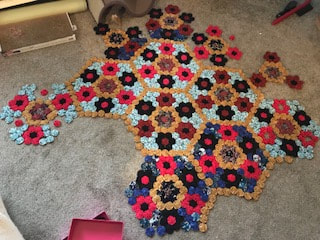

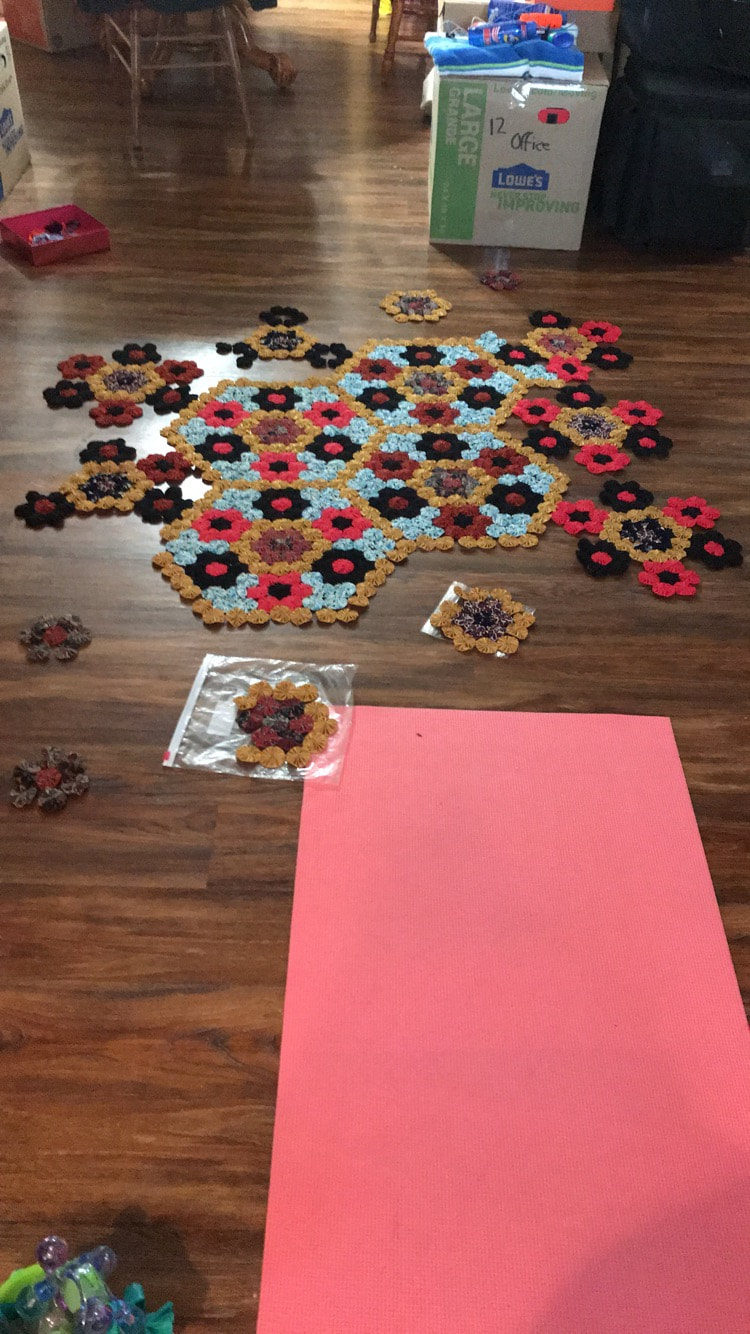
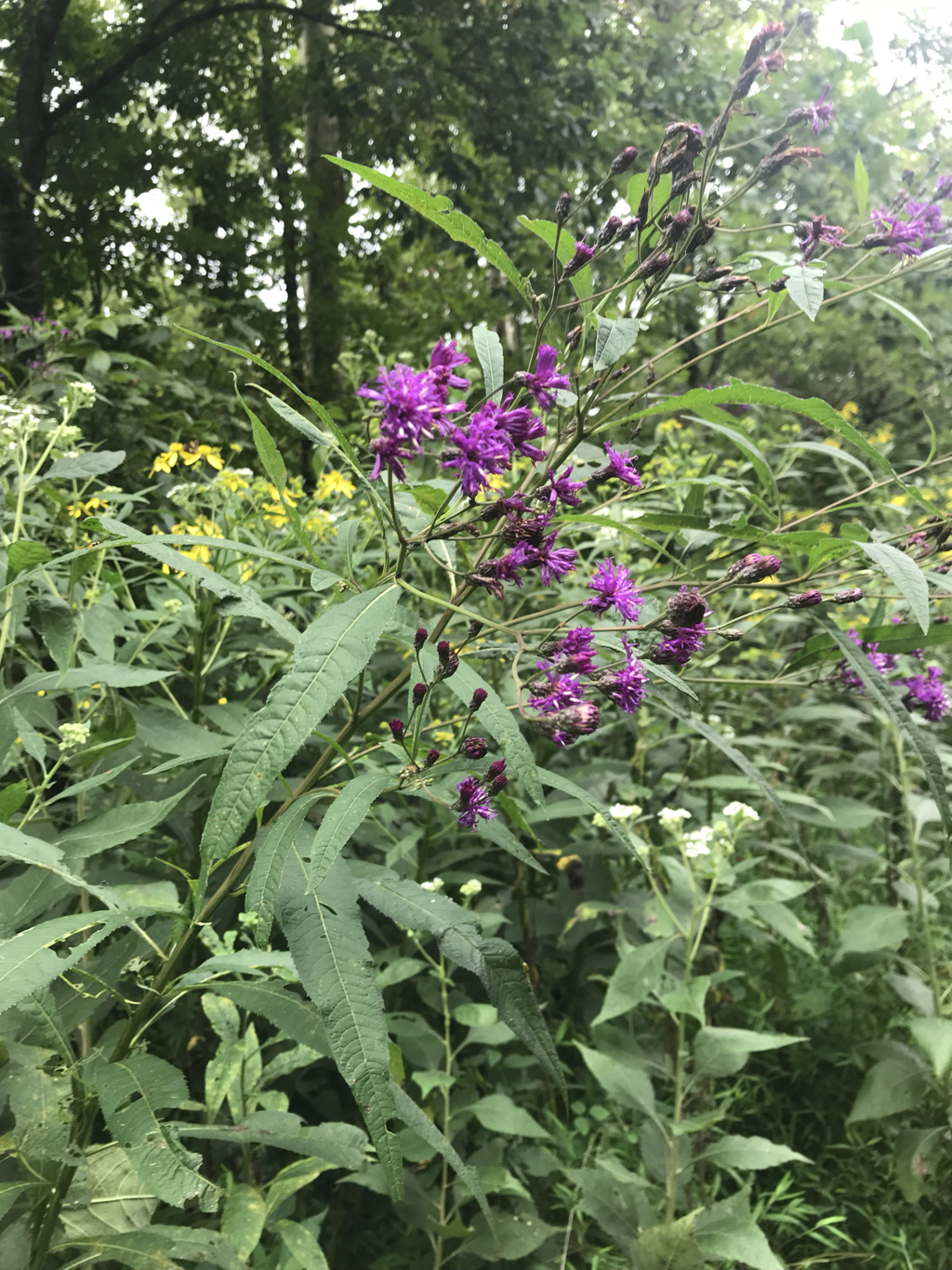
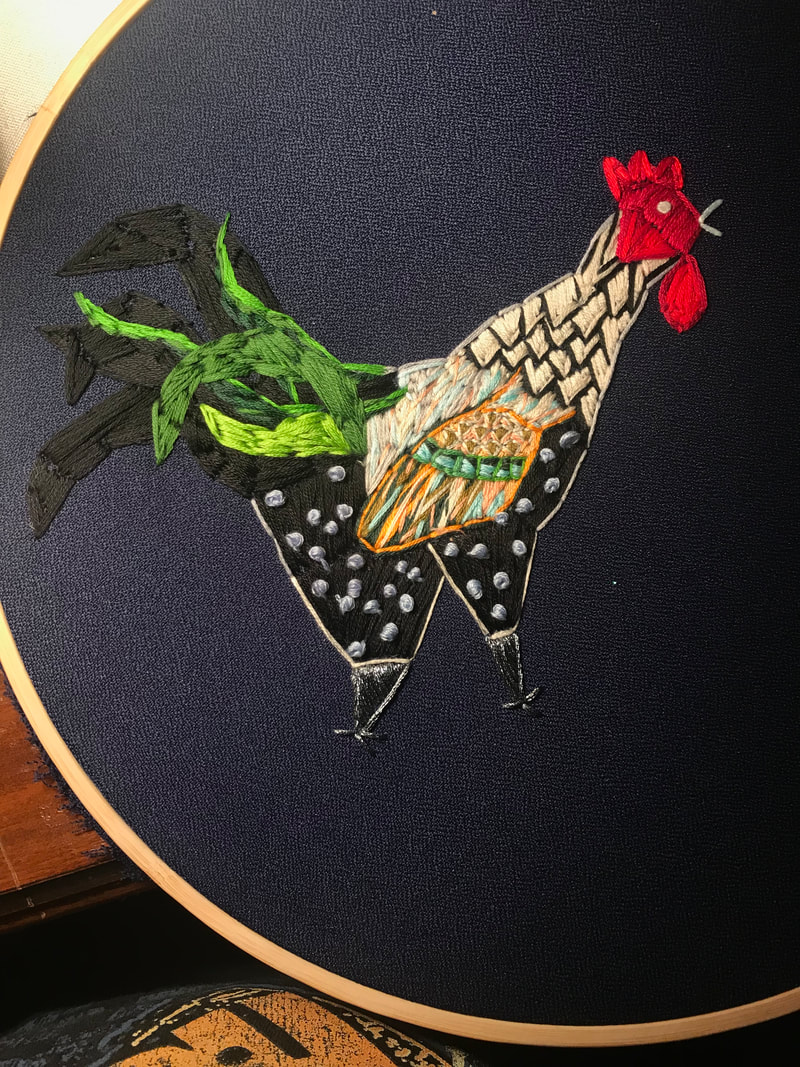
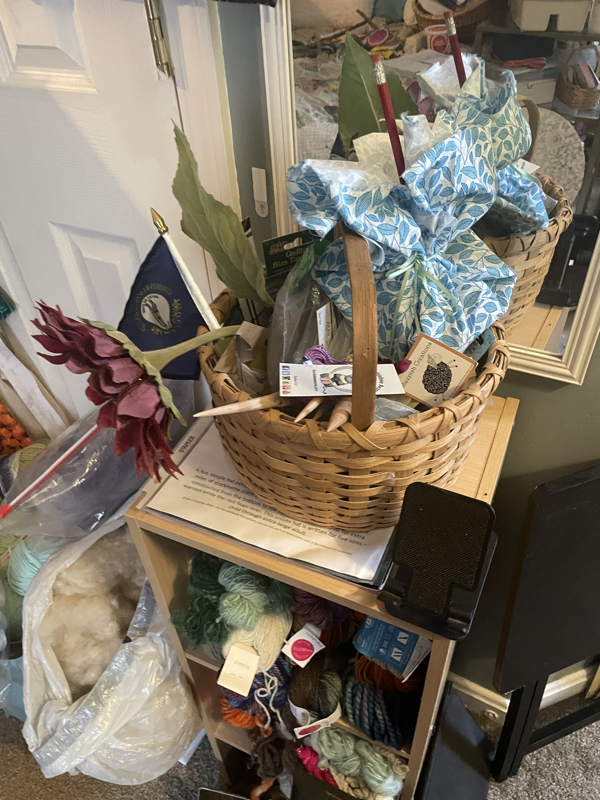
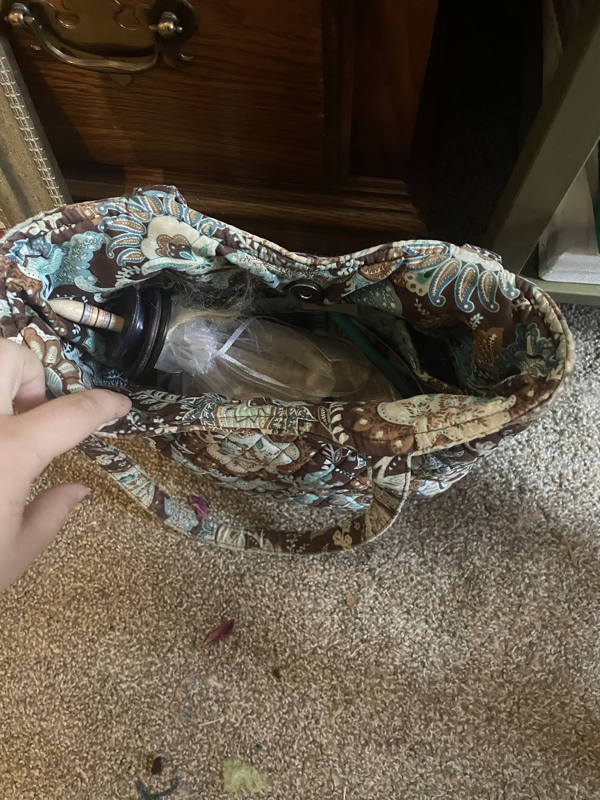
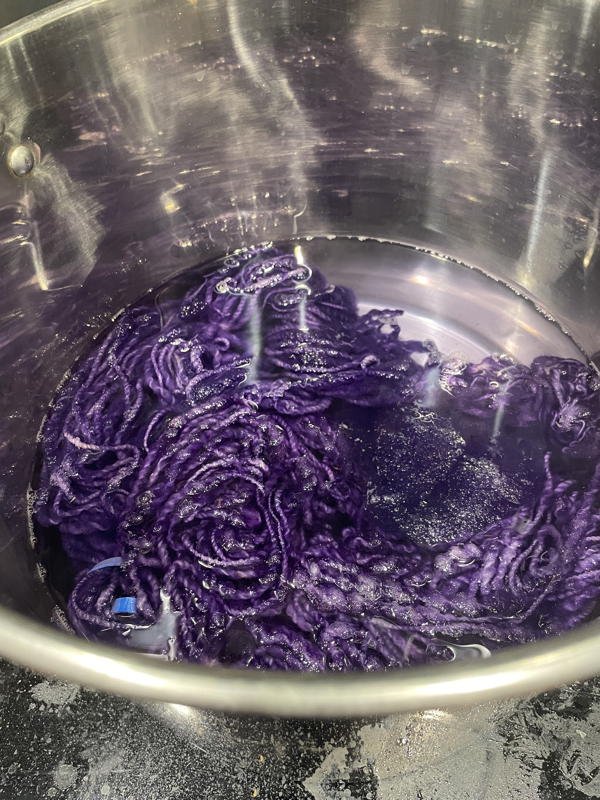
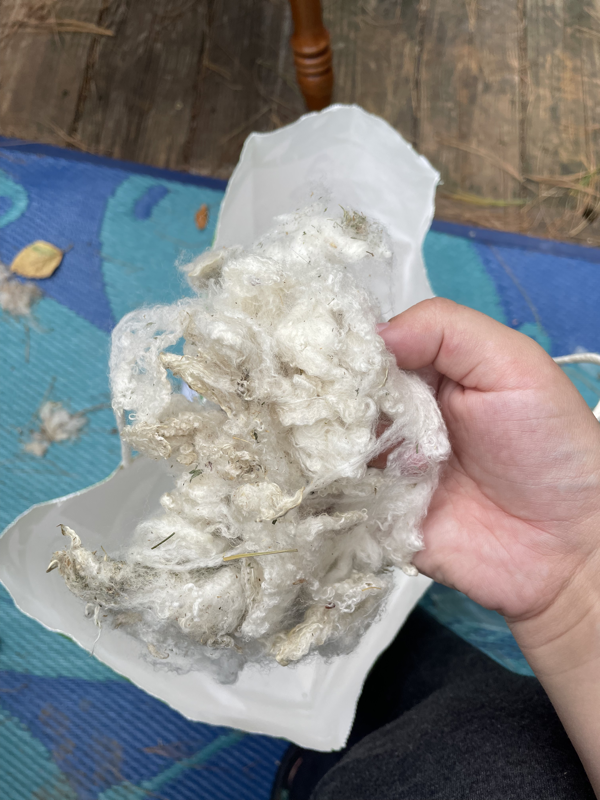
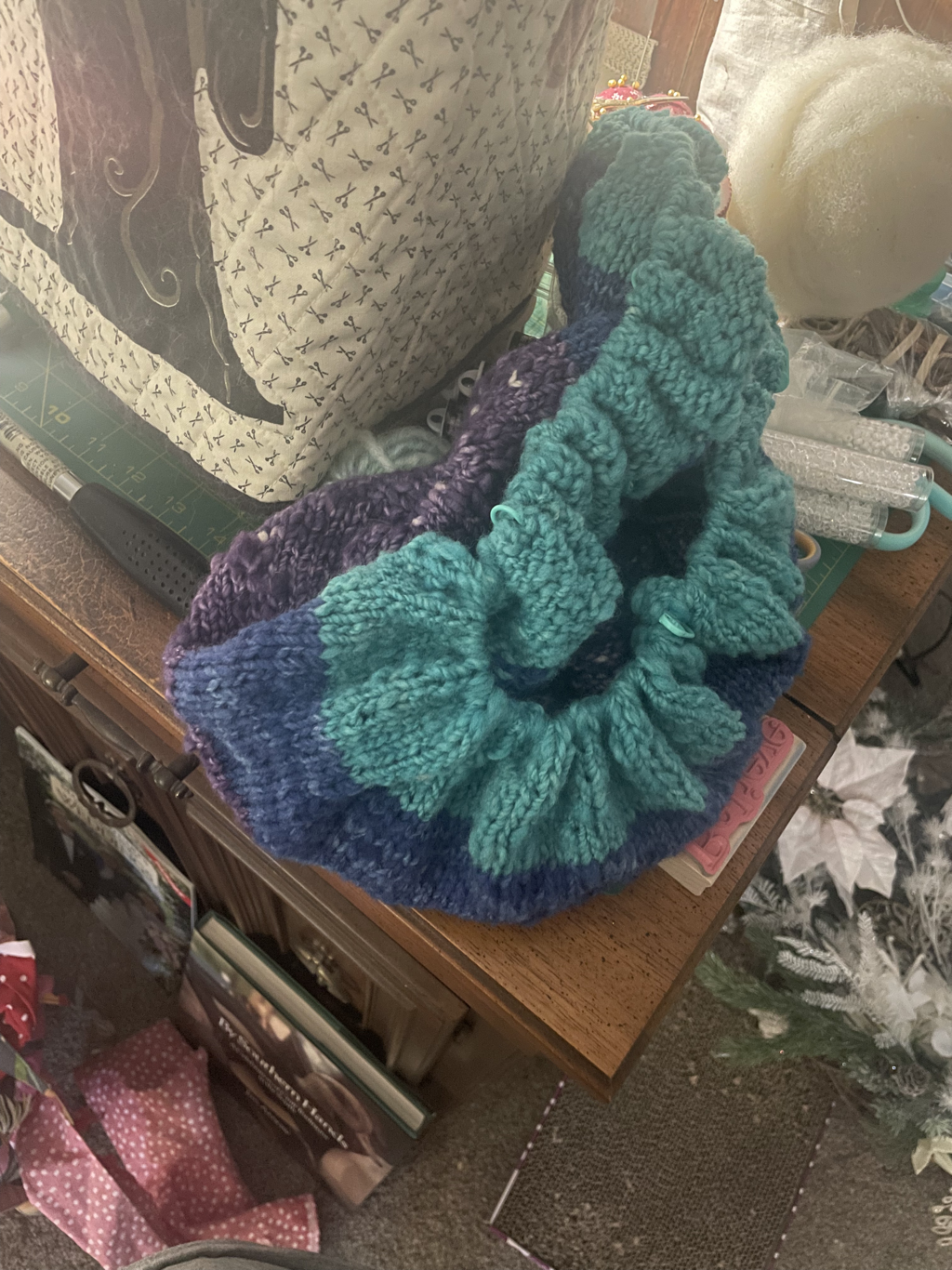
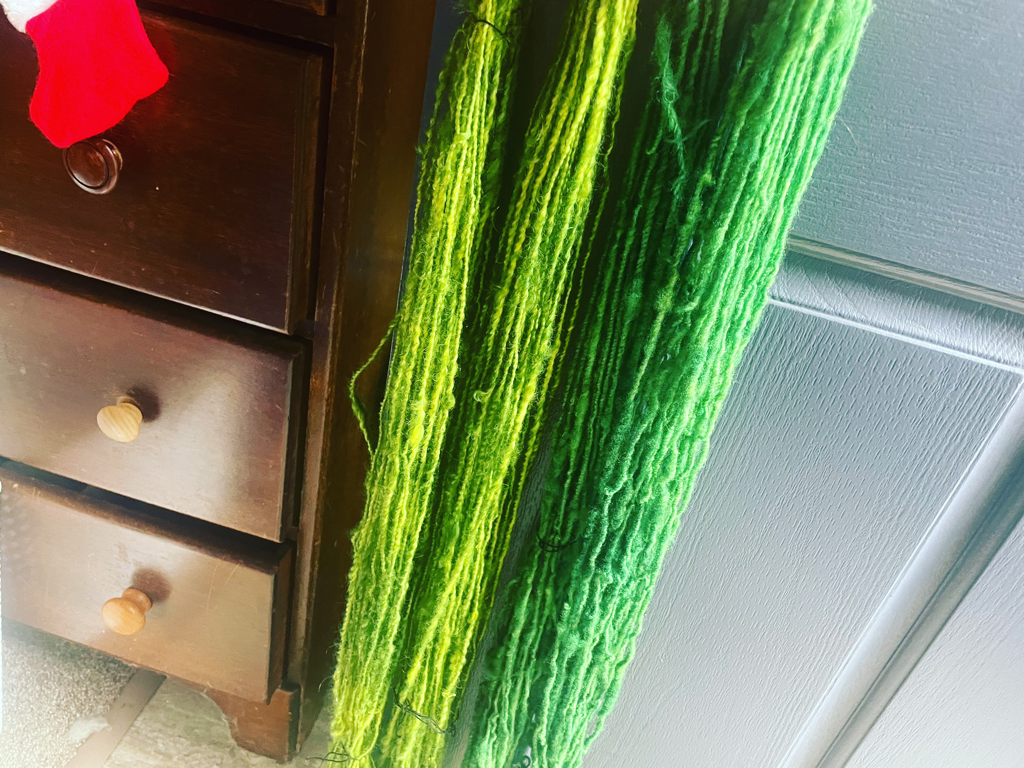
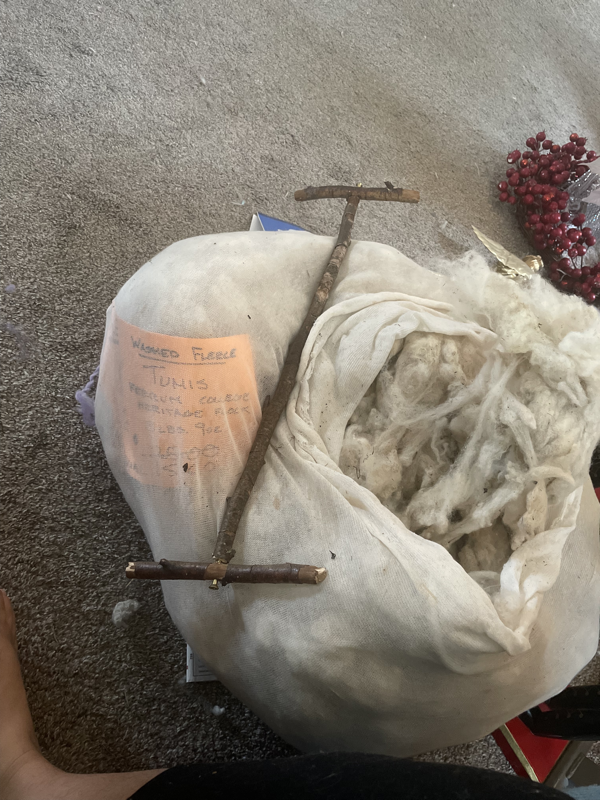
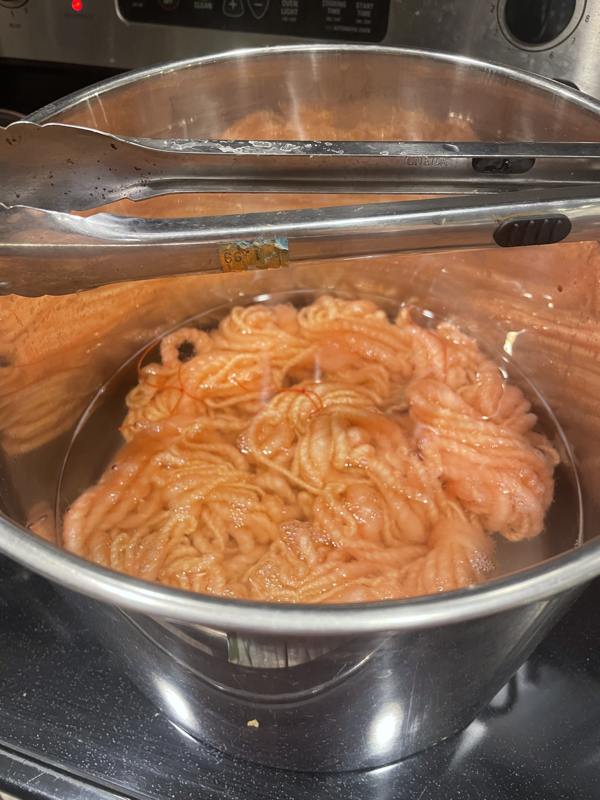
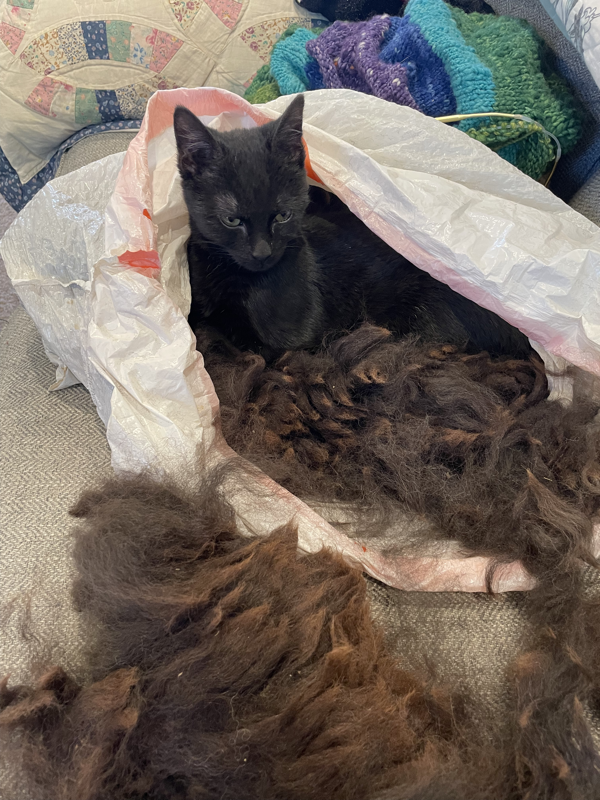
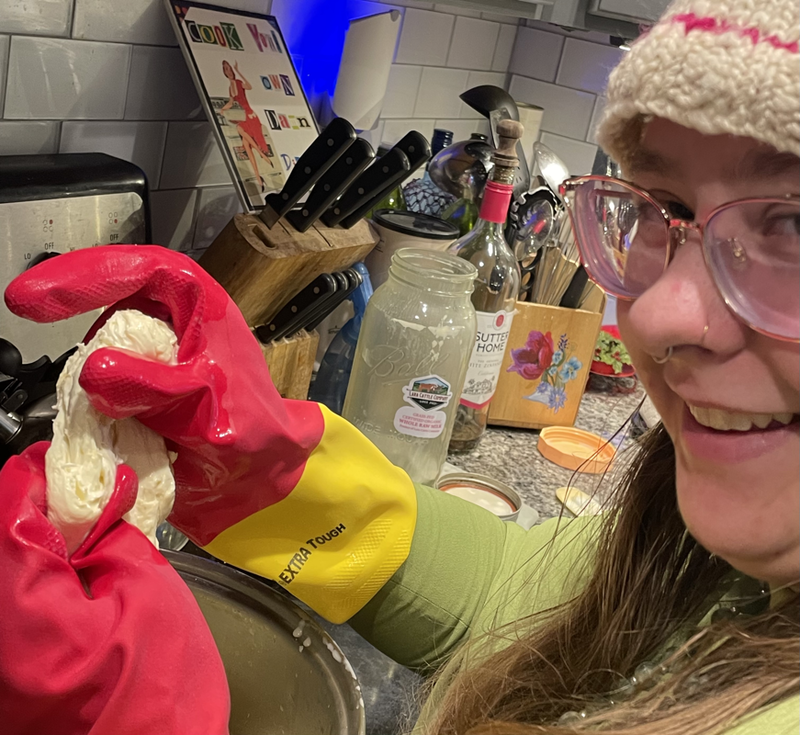
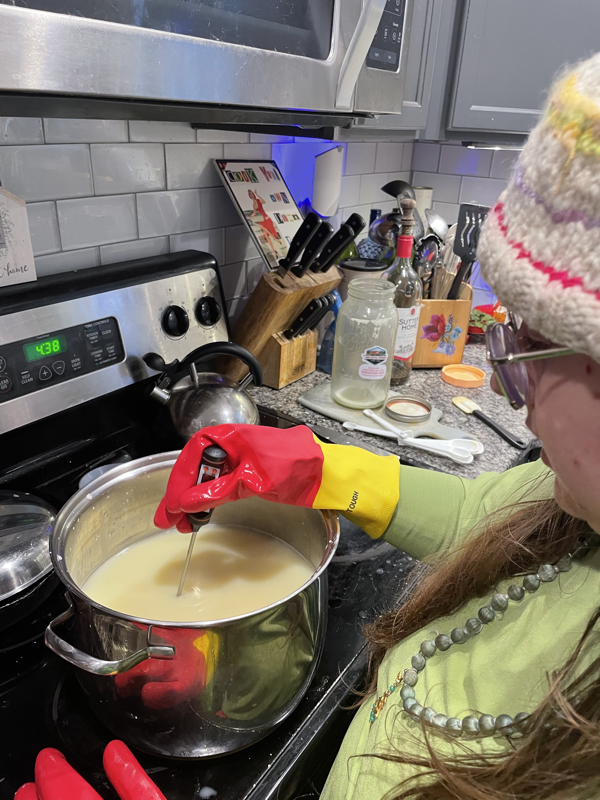
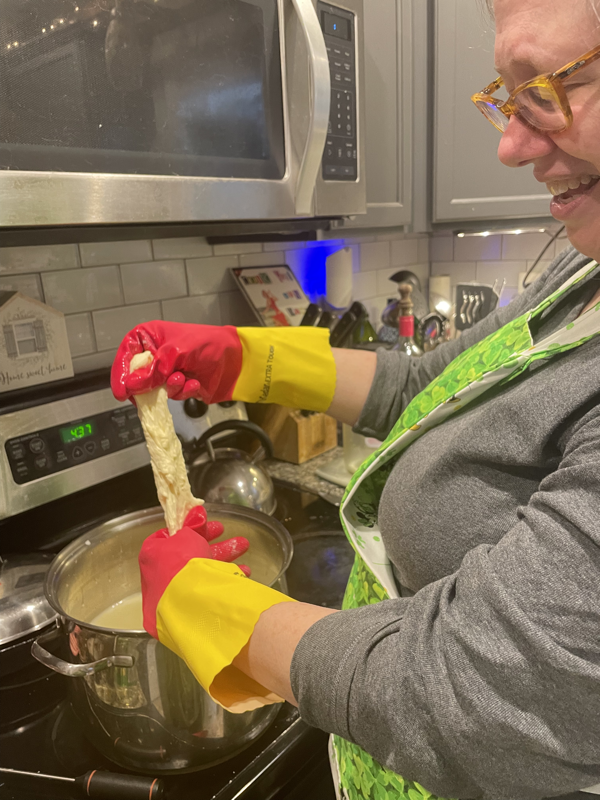
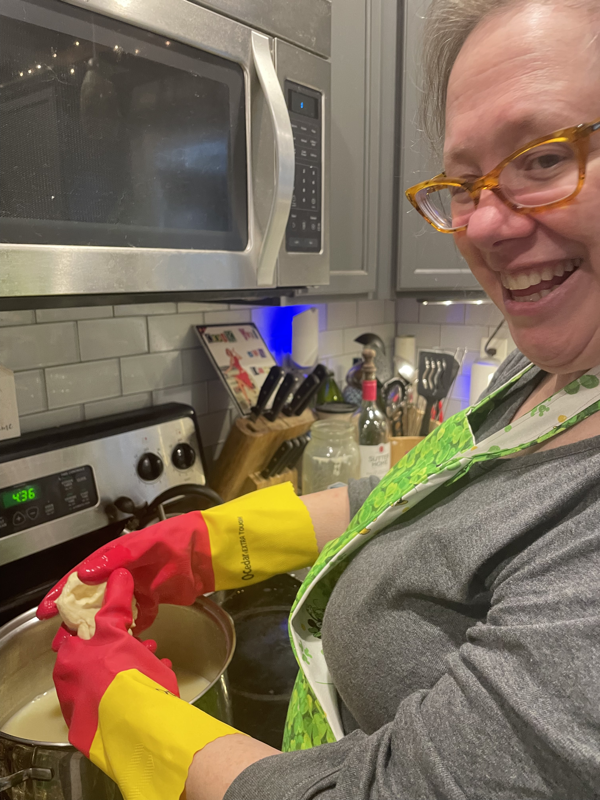

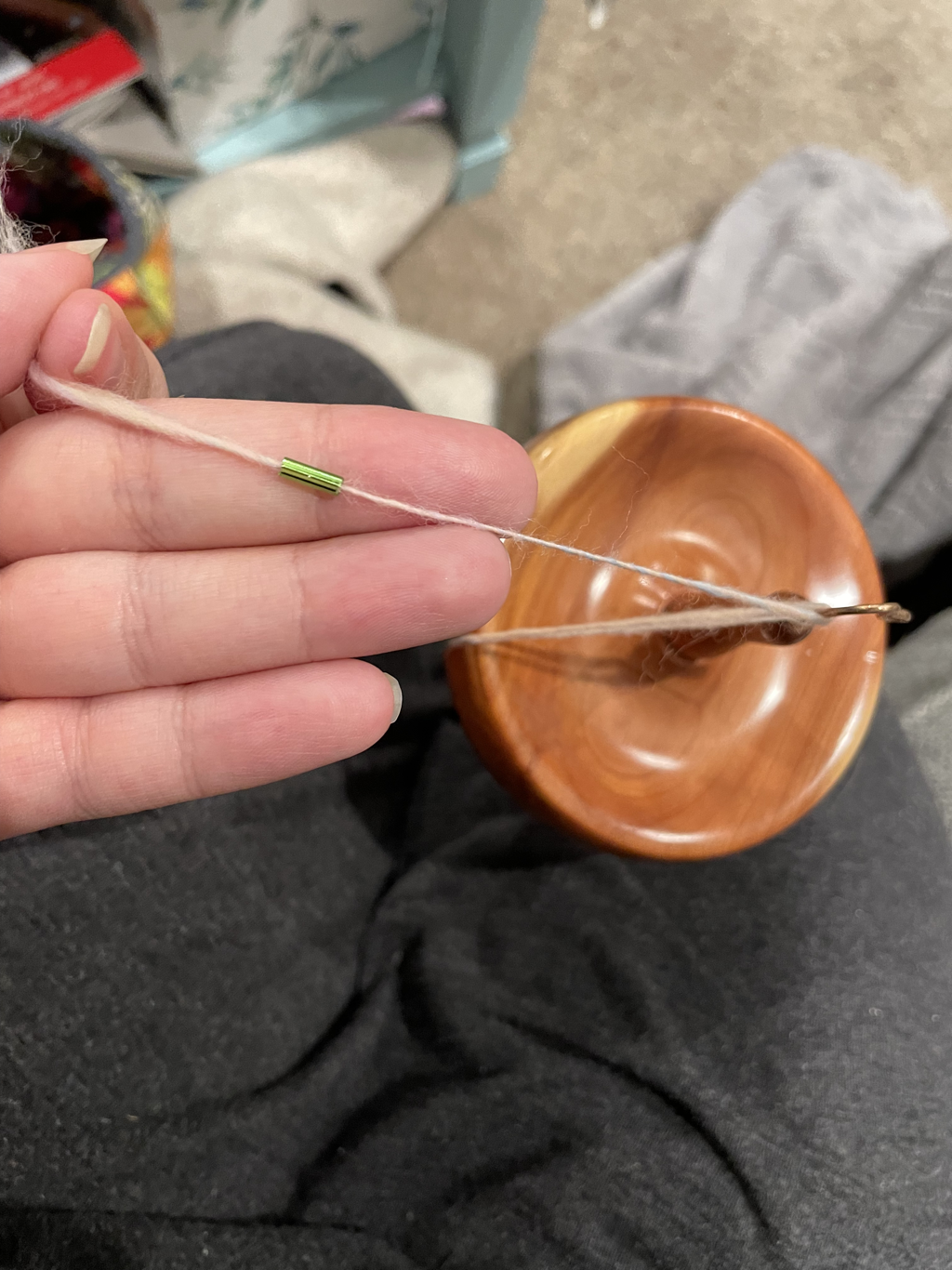


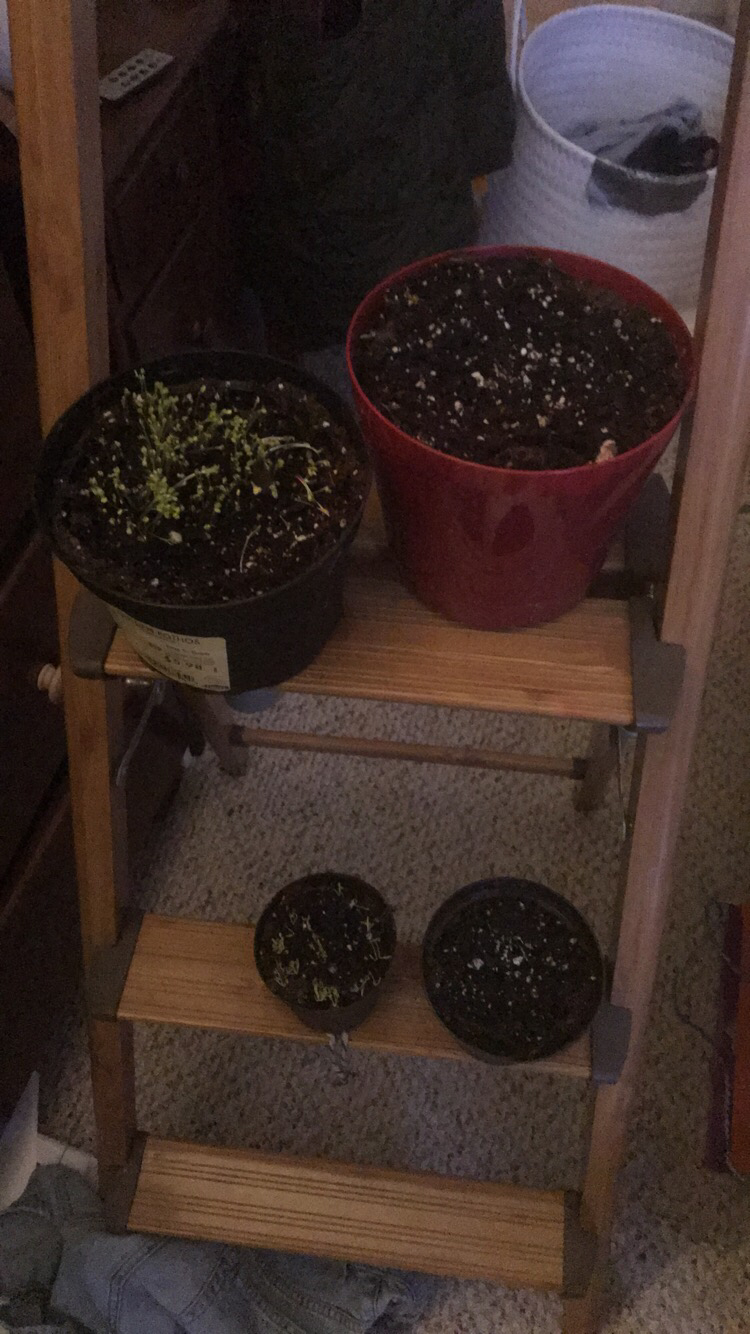

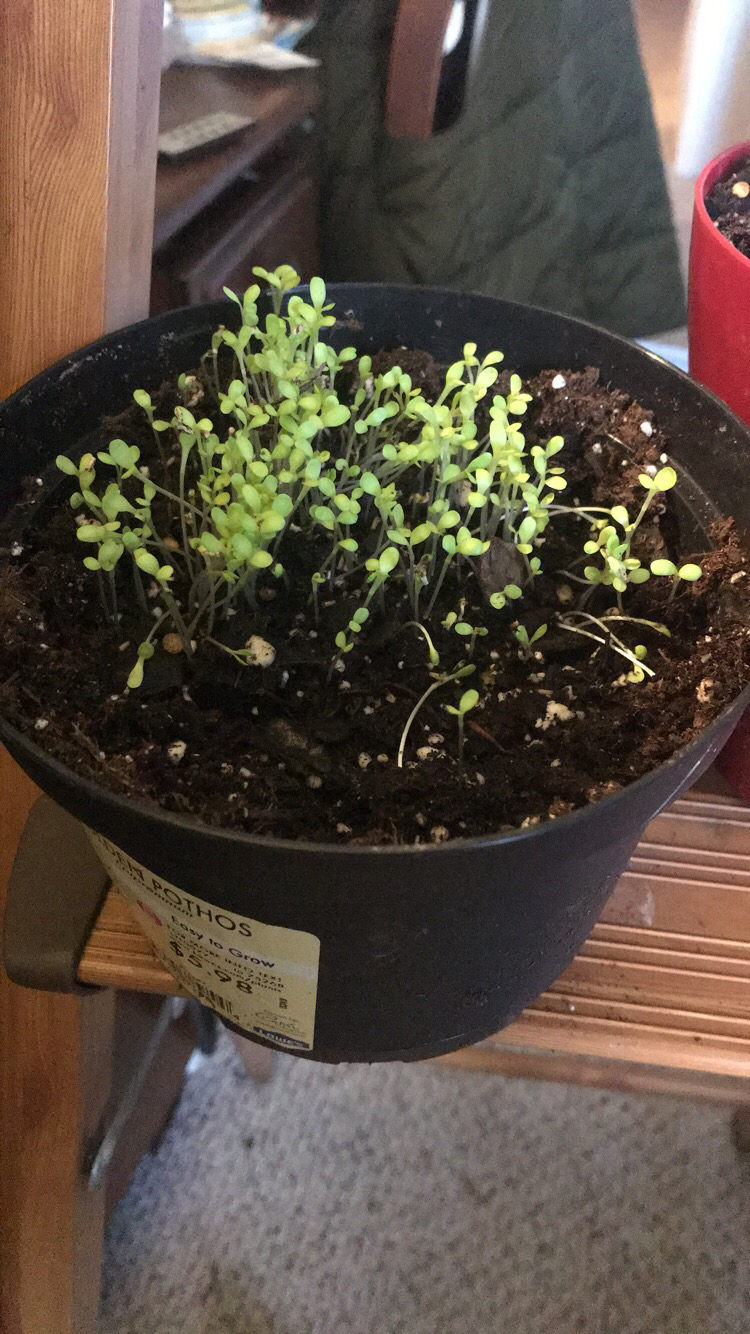
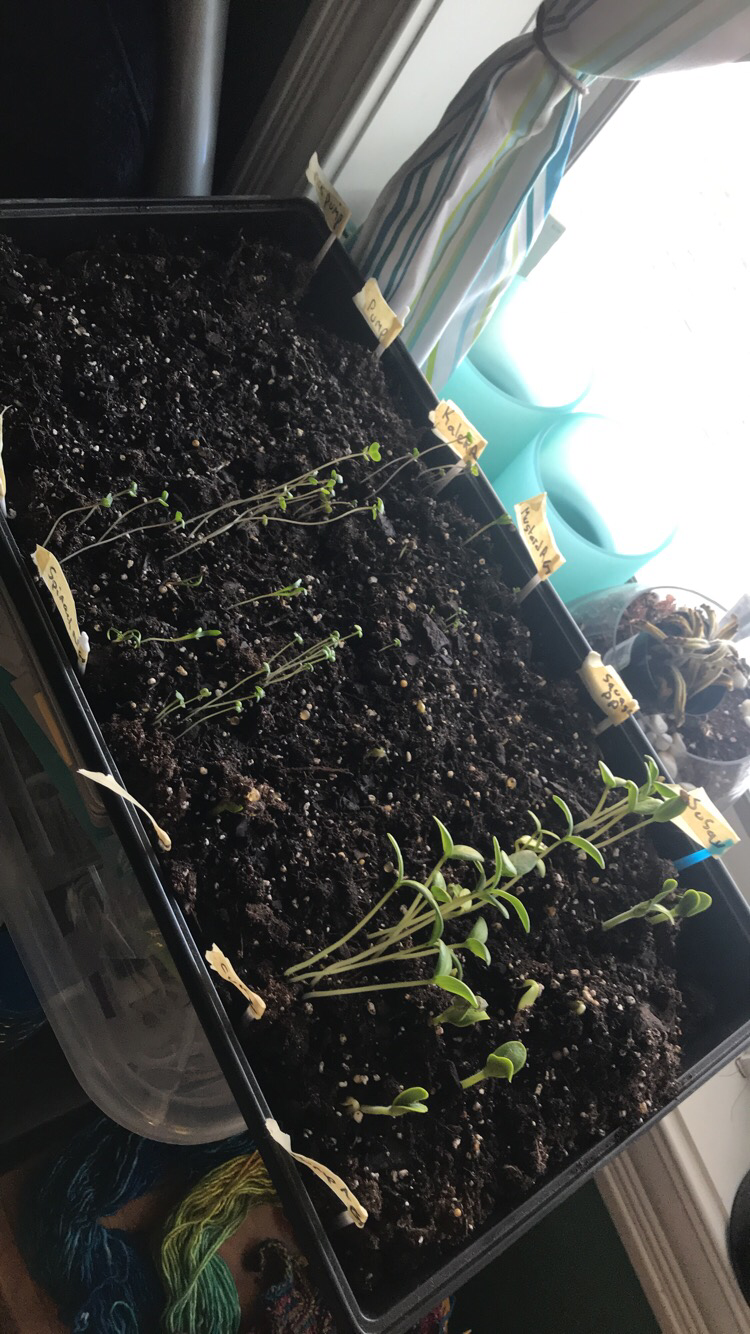

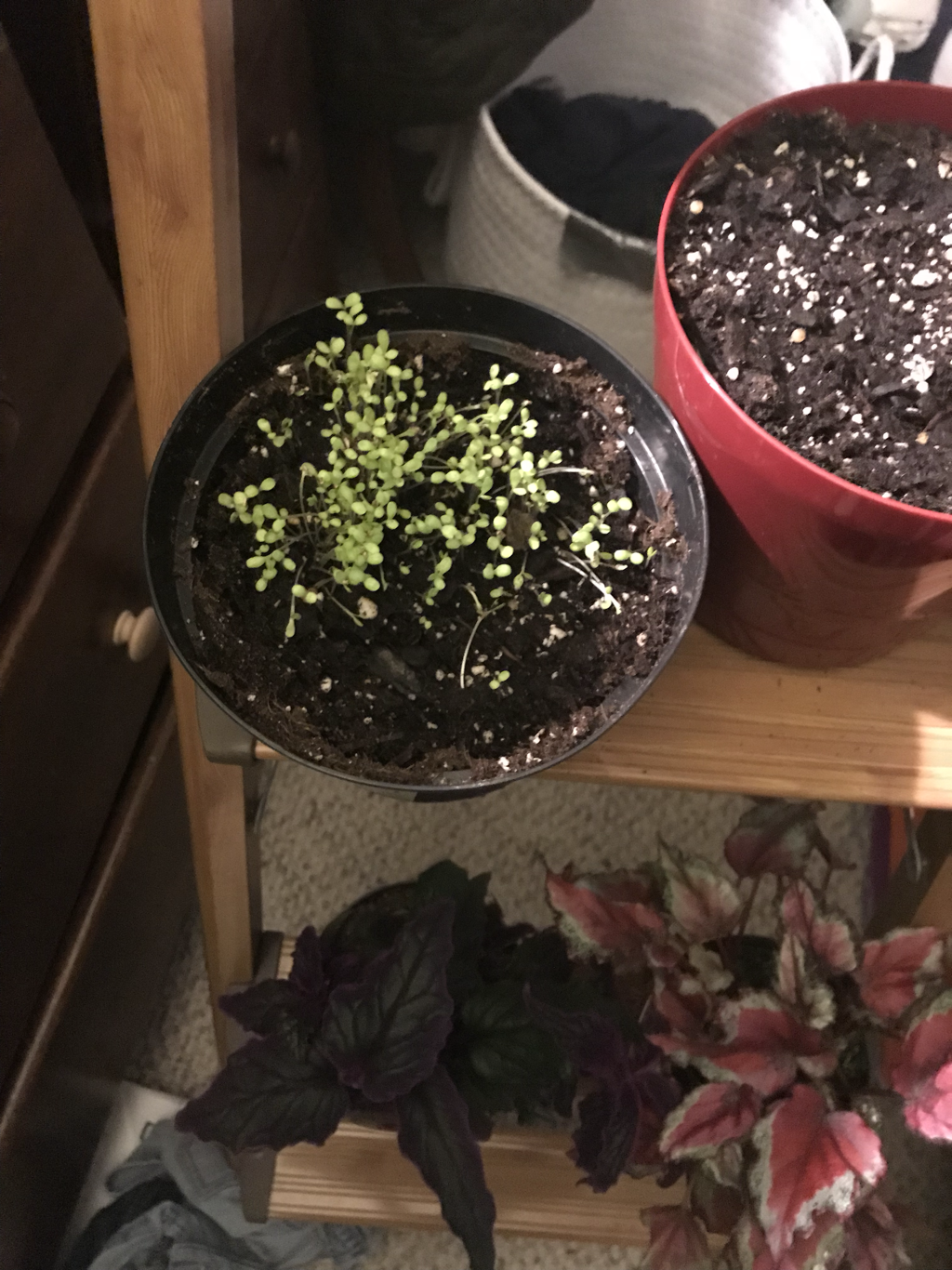
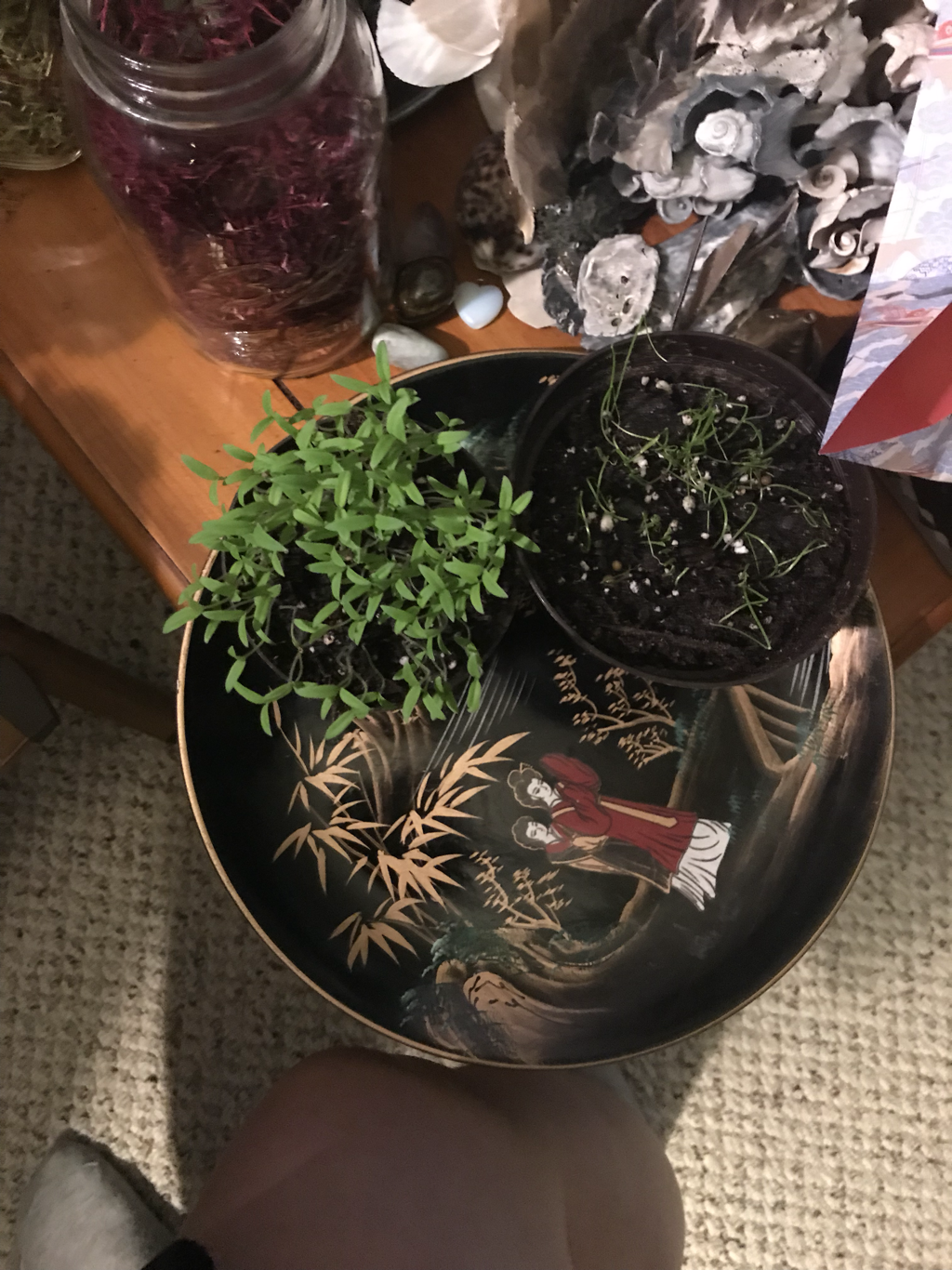
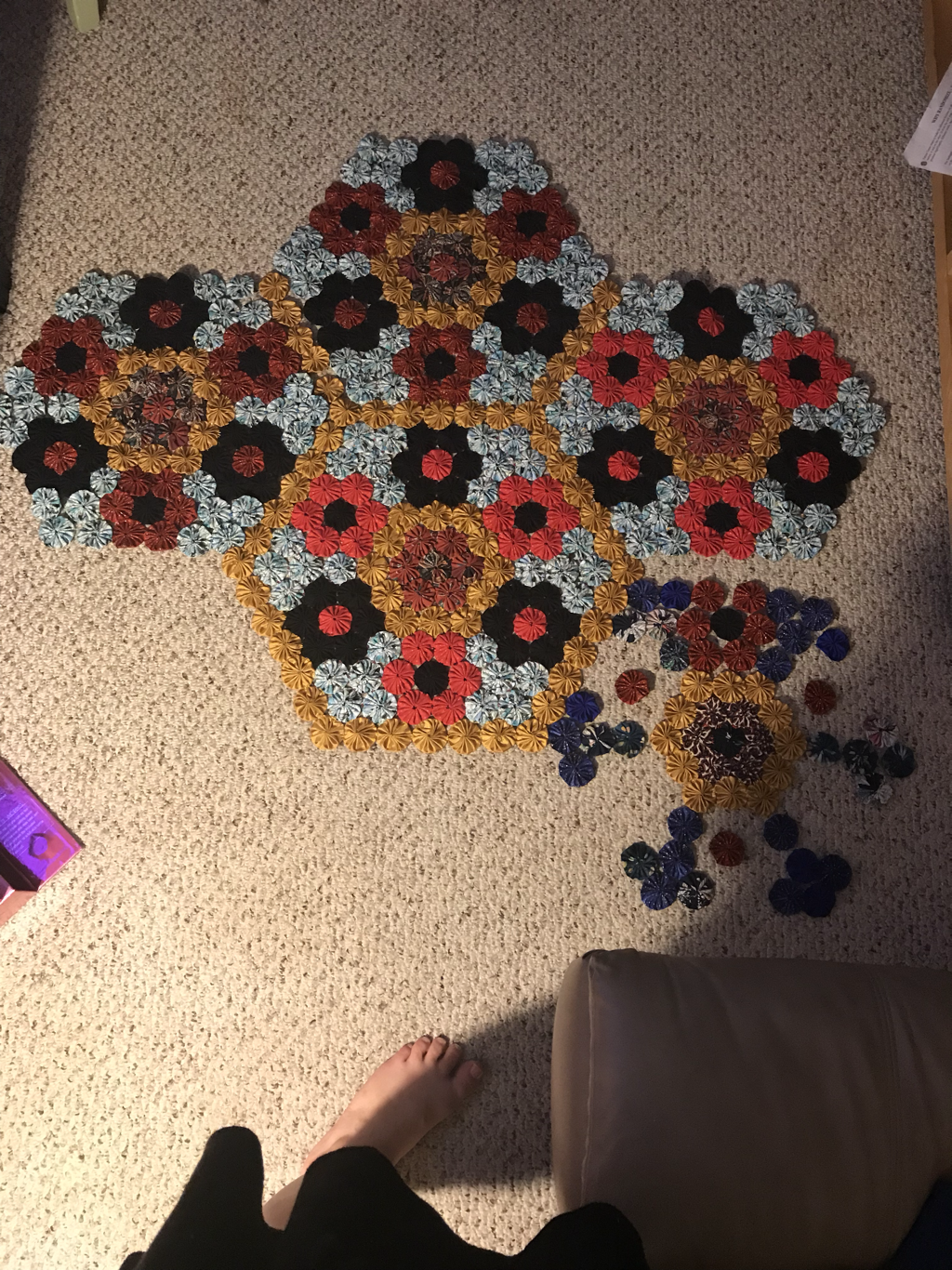
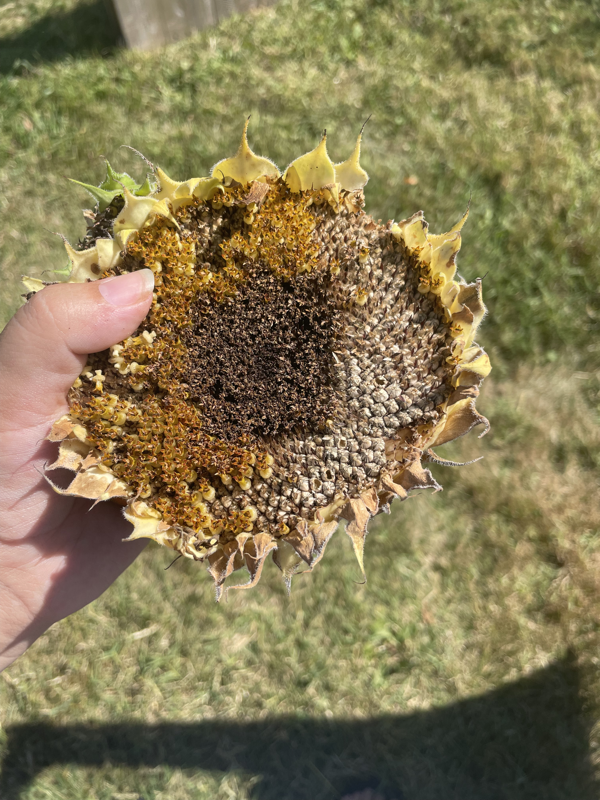
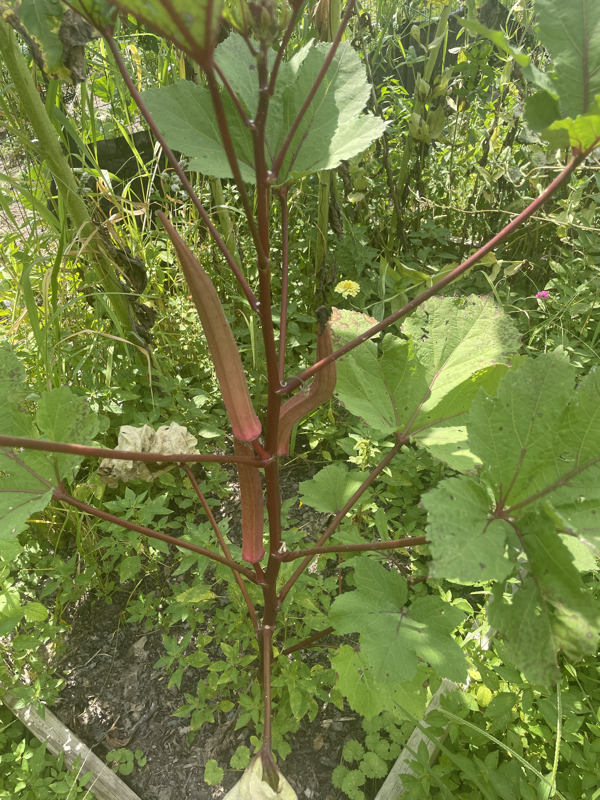
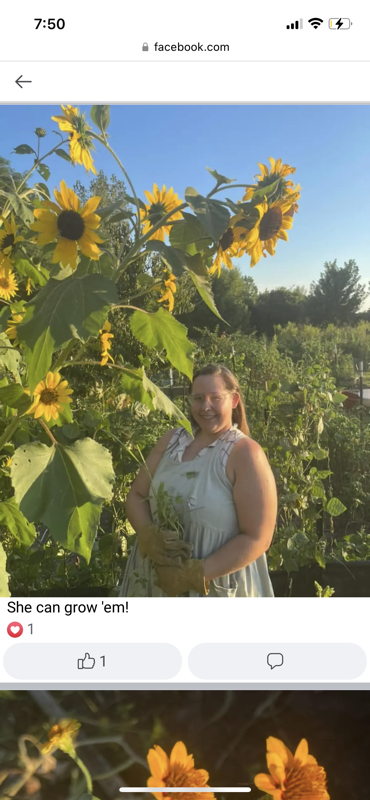
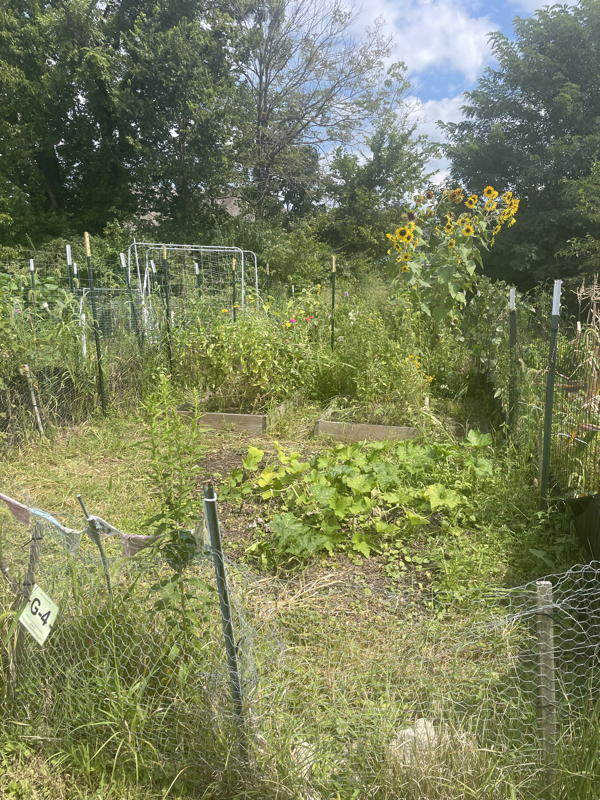
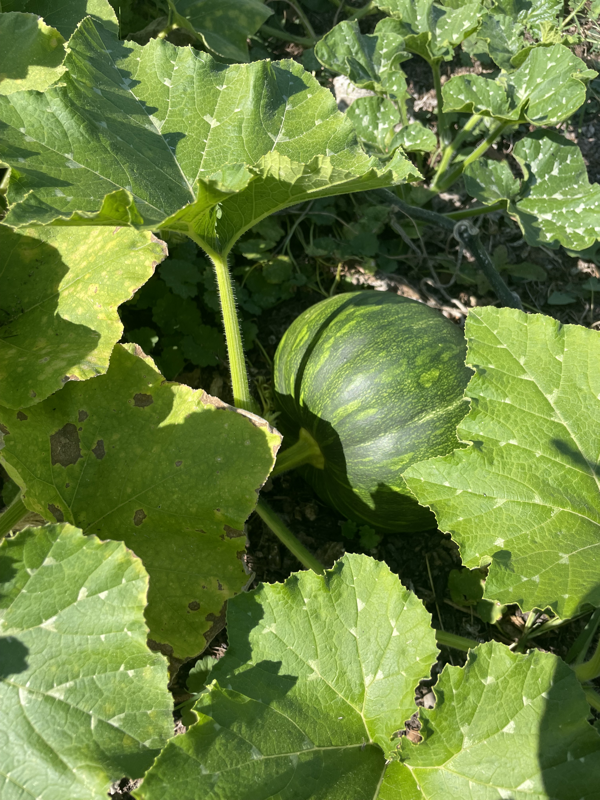
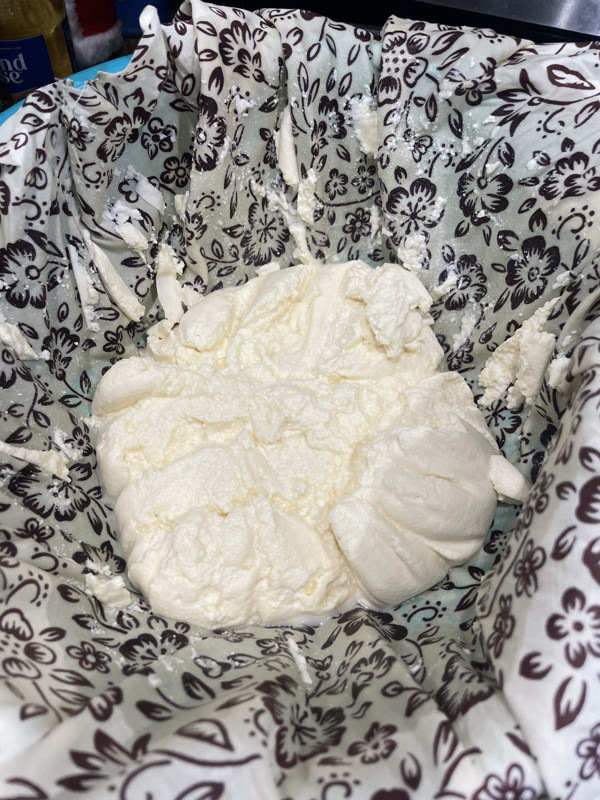
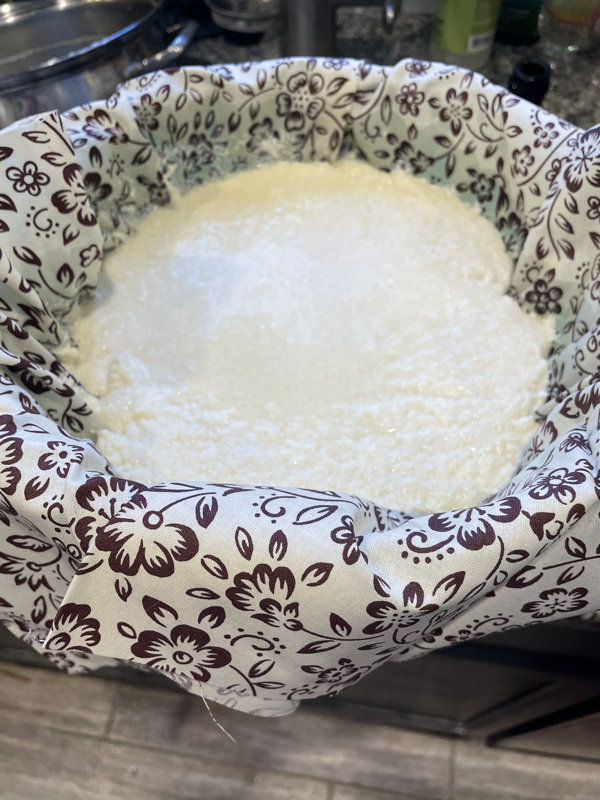
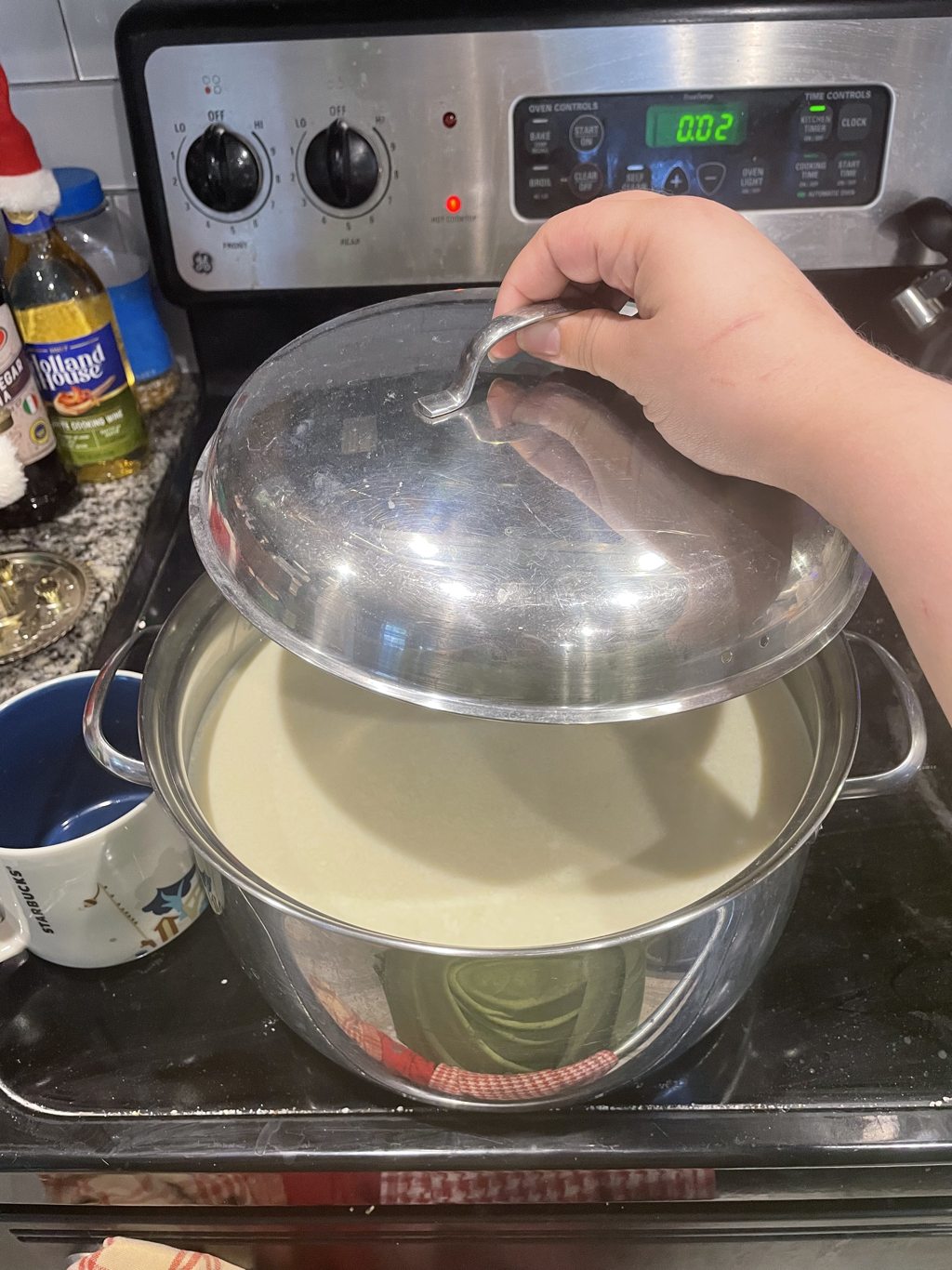
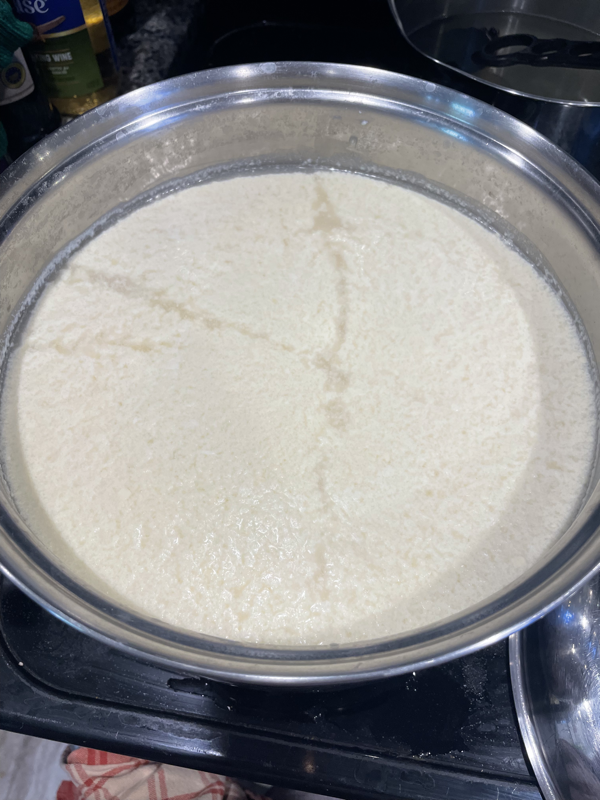
 RSS Feed
RSS Feed
